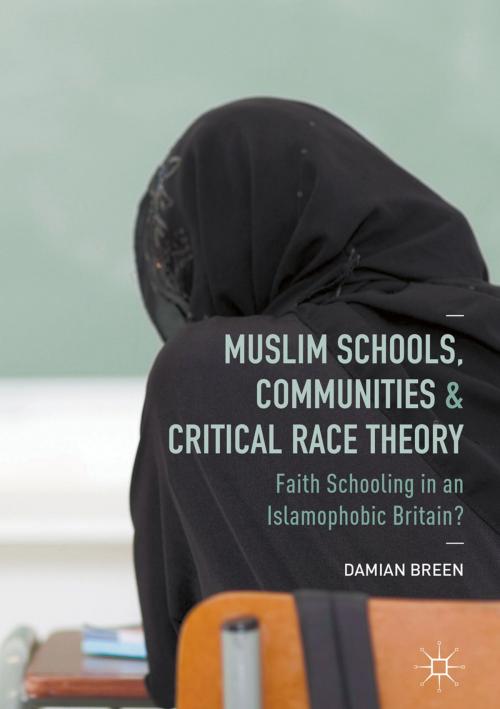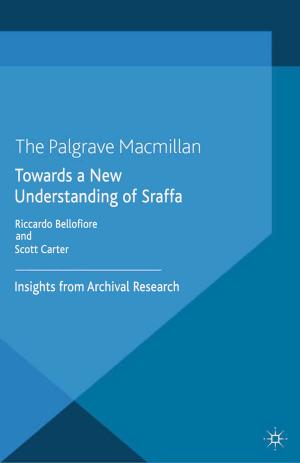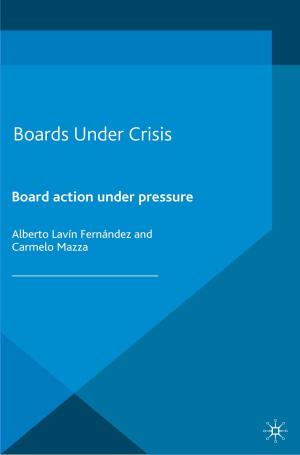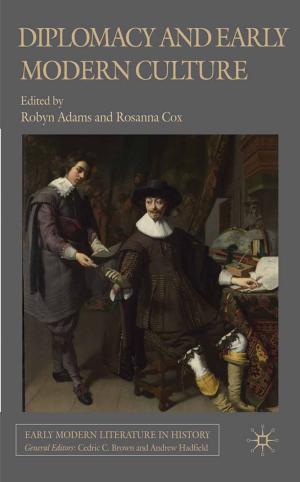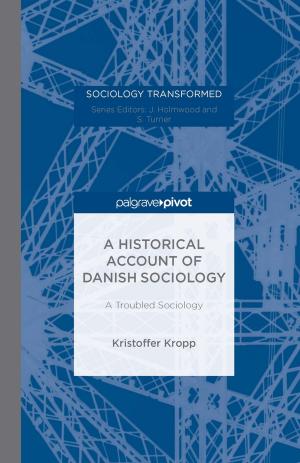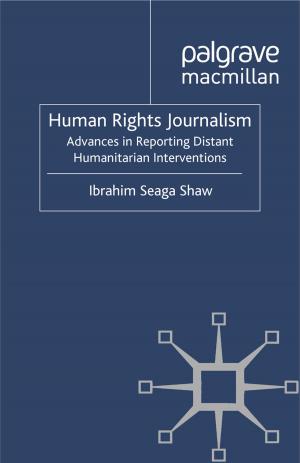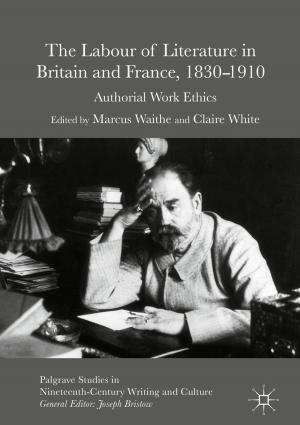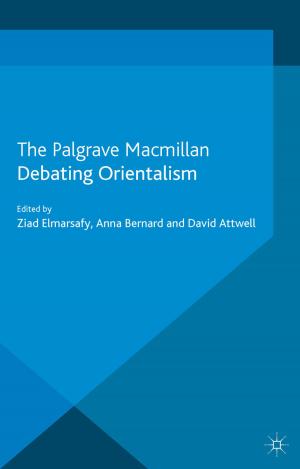Muslim Schools, Communities and Critical Race Theory
Faith Schooling in an Islamophobic Britain?
Nonfiction, Religion & Spirituality, Reference, Education, Reference & Language, Education & Teaching, Educational Theory, Philosophy & Social Aspects| Author: | Damian Breen | ISBN: | 9781137443977 |
| Publisher: | Palgrave Macmillan UK | Publication: | October 18, 2017 |
| Imprint: | Palgrave Macmillan | Language: | English |
| Author: | Damian Breen |
| ISBN: | 9781137443977 |
| Publisher: | Palgrave Macmillan UK |
| Publication: | October 18, 2017 |
| Imprint: | Palgrave Macmillan |
| Language: | English |
This book explores the position of Muslim schools in contemporary Britain. A Critical Race Theory approach is used to consider some of the specific issues faced by Muslim schools, in particular those looking to become state-funded. The book provides a critically considered and meaningful application of a theory of 'race' to Muslims as a religious community, without restricting the analysis to minority ethnic Muslim groups; it also provides a counter-narrative which contests assumptions about Muslim schools presented in the media and in public debates more generally. These insights are positioned against current political climates within which Muslims have been consistently subjected to surveillance and suspicion. The book draws on first-hand research carried out inside Muslim schools to offer insights into the ways that these schools cater to diverse and locally-specific needs. It concludes by arguing that independent Islamic schools represent ideal models of community need. Therefore, bringing such schools into the state sector, in a way that allows them to retain autonomy, represents an ideal strategy for the educational and political enfranchisement of British Muslims. Muslim schooling represents an opportunity for increased state investment in Muslim interests as a strategy for offsetting the ways in which Muslim communities have been marginalised more generally in contemporary political climates. The book will make compelling reading for students and researchers in the fields of Education, Sociology, and Religious Studies, particularly those with an interest in faith schools, Islam, and Critical Race Theory.
This book explores the position of Muslim schools in contemporary Britain. A Critical Race Theory approach is used to consider some of the specific issues faced by Muslim schools, in particular those looking to become state-funded. The book provides a critically considered and meaningful application of a theory of 'race' to Muslims as a religious community, without restricting the analysis to minority ethnic Muslim groups; it also provides a counter-narrative which contests assumptions about Muslim schools presented in the media and in public debates more generally. These insights are positioned against current political climates within which Muslims have been consistently subjected to surveillance and suspicion. The book draws on first-hand research carried out inside Muslim schools to offer insights into the ways that these schools cater to diverse and locally-specific needs. It concludes by arguing that independent Islamic schools represent ideal models of community need. Therefore, bringing such schools into the state sector, in a way that allows them to retain autonomy, represents an ideal strategy for the educational and political enfranchisement of British Muslims. Muslim schooling represents an opportunity for increased state investment in Muslim interests as a strategy for offsetting the ways in which Muslim communities have been marginalised more generally in contemporary political climates. The book will make compelling reading for students and researchers in the fields of Education, Sociology, and Religious Studies, particularly those with an interest in faith schools, Islam, and Critical Race Theory.
